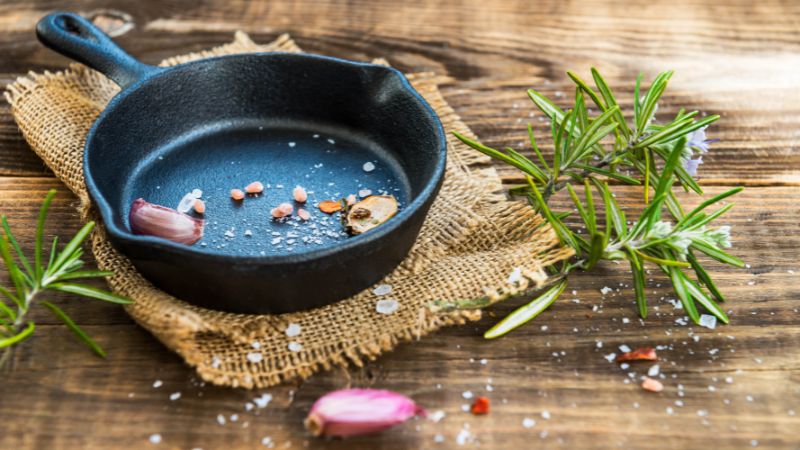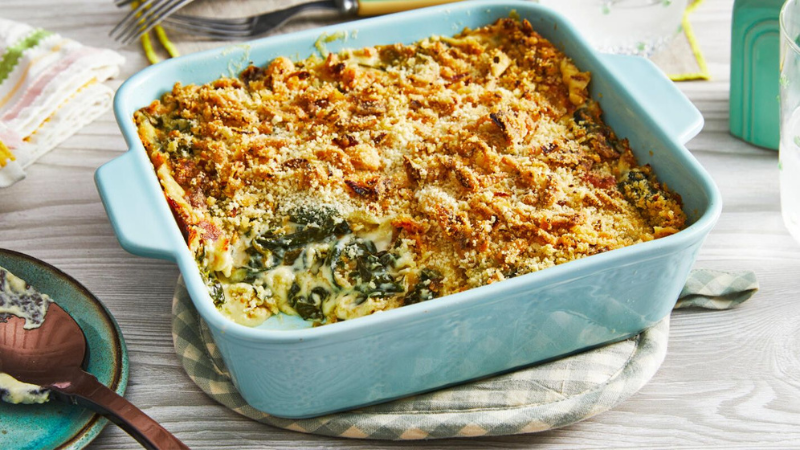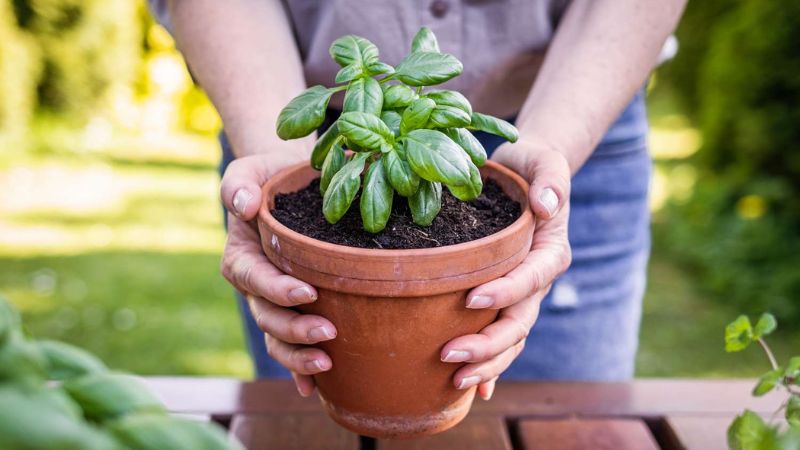Cast-iron skillets are timeless kitchen tools known for their durability and versatility. However, many people unknowingly make mistakes that can impact the skillet’s performance and longevity. In this blog, we’ll explore eight common mistakes you might be making with your cast-iron skillet and how to avoid them.
1. Using High Heat Continuously
One common mistake is using high heat consistently while cooking with a cast-iron skillet. While cast iron is excellent at retaining heat, exposing it to high temperatures for prolonged periods can lead to uneven heating and potential damage to the seasoning.
2. Not Preheating the Skillet Properly
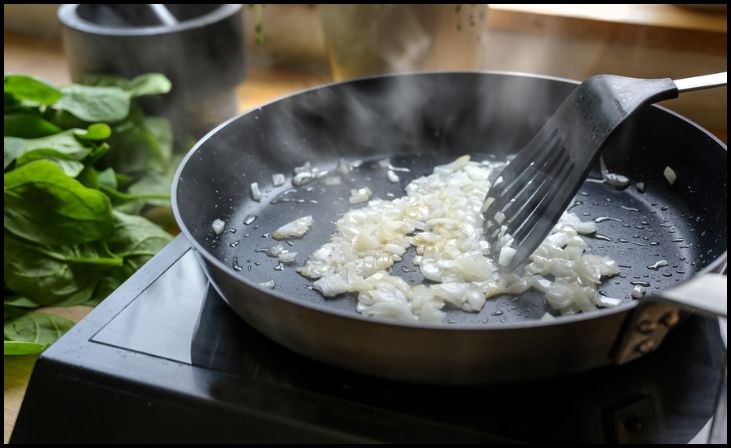
Another mistake is not preheating the skillet adequately before adding ingredients. Preheating allows the skillet to distribute heat evenly, ensuring that your food cooks uniformly and prevents sticking.
3. Using Metal Utensils
Using metal utensils, such as metal spatulas or forks, can scratch the seasoning on your cast-iron skillet. Opt for wooden or silicone utensils to protect the seasoning and prolong the skillet’s lifespan.
4. Neglecting to Season Regularly
Seasoning is crucial for maintaining a non-stick surface and preventing rust on your cast-iron skillet. Neglecting to season it regularly can result in food sticking to the pan and a decline in its performance over time.
5. Washing With Soap
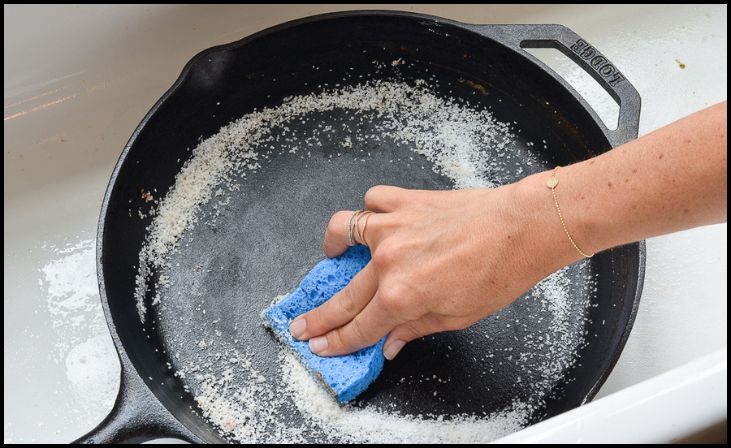
Using soap to clean your cast-iron skillet is a mistake as it can strip away the seasoning. Instead, use hot water and a gentle scrubbing brush to remove food residue, and then thoroughly dry the skillet to prevent rust.
6. Storing Food in the Skillet
Leaving food in your cast-iron skillet for extended periods can cause the seasoning to break down and lead to rusting. Always transfer leftovers to separate containers for storage to preserve the skillet’s condition.
7. Immersing in Water for Extended Periods
Leaving your cast-iron skillet submerged in water for prolonged periods can lead to rust formation. If your skillet needs soaking, do so briefly and ensure it is thoroughly dried and seasoned afterward.
8. Skipping Re-seasoning After Cleaning
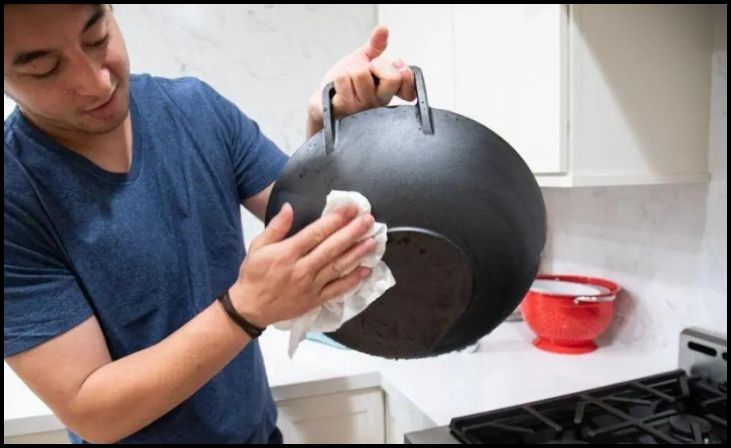
After cleaning your cast-iron skillet, it’s essential to re-season it to maintain its non-stick properties and prevent rust. Apply a thin layer of oil and heat the skillet in the oven to re-season it effectively.
By avoiding these common mistakes and practicing proper care and maintenance, you can enjoy the benefits of your cast-iron skillet for years to come.
